⭐⭐⭐⭐
Rating: 3.5 out of 5.A film about identity
The entire time I was watching this, my mind was literally repeating: What the fuck? Not in a bad way, though—the good kind of what the fuck. The kind that keeps you glued to the screen, forcing you to pay attention because if you blink, you might miss something critical. Those are the best kinds of films. If a movie just breezes by without making you think, then that’s that. But this film? You have to sit back, rethink it, reconsider, and then rethink what you just reconsidered—because chances are, you were wrong.

From the start, the film feels odd—almost like an independent film (which, honestly, I don’t know if it actually is). Then it unfolds into something both hilarious and deeply depressing—a film about a man who ultimately loses to himself.
This movie does something we don’t see often anymore—it explores the idea that your worst enemy is yourself.
Jesse Eisenberg (James, Simon) delivers an incredible performance, showing us a man whose life is systematically stripped away. First, he loses his job identity. Then, his emotional identity. And finally, himself.
After you lose yourself, can you even be something that no longer exists?

The film challenges you to differentiate between two identical characters—and then, almost immediately, it challenges you again. You start to question:
- Who’s who?
- Which one is the original?
- Which one is “better”?
But at some point, that logic falls apart. Your brain starts to break the more you try to piece it together.
Did Simon change to adapt to James?
Or…
Did Simon never change at all?
Did James kill himself?
Or…
Did Simon kill himself and erase James?
Did James even die, considering Simon didn’t?
Or…
Were they ever truly separate in the first place?

These are questions that only the writer could probably answer—but personally, I prefer it this way. The film leaves room for interpretation, making the ending your own to decide.
This was a great mental puzzle—the kind of film that plays with your thoughts, forcing you to question your own conclusions before pulling the rug out from under you again. It was well thought out, clearly designed to make sense to some, but not to all. And I’ll admit it—I didn’t fully get the ending. Which says something, because I watch a lot of these kinds of films.
If you figured it out, let me know—I’d be genuinely interested in hearing your interpretation.
Ironically, I watched this right after doing a presentation on Physical Appearance, and that theme is almost hysterically relevant throughout this film. The characters look exactly the same, yet no one seems to notice the difference. Why? Because it’s not about how they look—it’s about how they act. The only things that separate James and Simon are their actions and speech patterns.

But does that mean they’re the same person?
Simon takes on James’ pain, but the movie never fully explains why. That’s something you either figure out yourself or just assume. But even then, it still doesn’t completely answer the question.
Throughout the film, there are subliminal messages, sharp dialogue, and an oddly sensual, unsettling soundtrack that completely immerses you in the mood.
Which raises another question:
Does physical appearance affect your mood?
In this film, it clearly does—but since it’s technically himself, does that even count? Maybe, maybe not. But one thing is certain:

Your own judgment of yourself is the strongest influence on your self-image that your mind will ever take. Because once again, your worst enemy is you.
I could go on forever about this film because there’s so much to unpack. But I’ll cut it here before this turns into a full-on essay.
If you love psychological mind-benders, indie-style filmmaking, and confusing, hard-to-follow plotlines—give this movie a watch.



















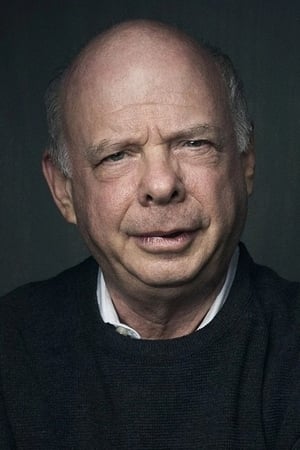








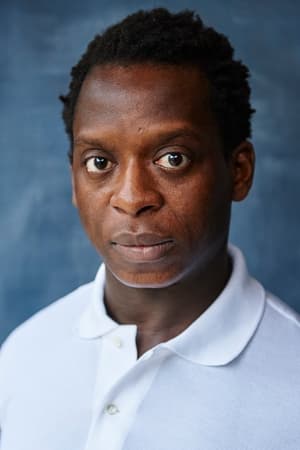

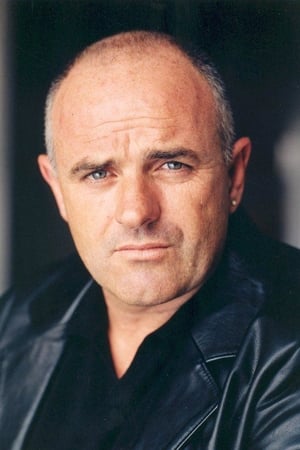

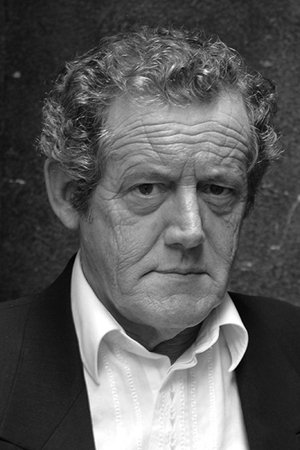


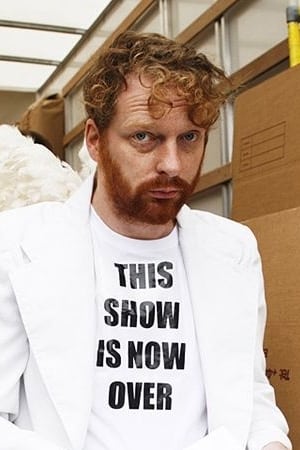





We are a group of volunteers and opening a new scheme in our community.
Your website provided us with valuable information to work on. You have
done a formidable job and our entire community will be thankful to you.